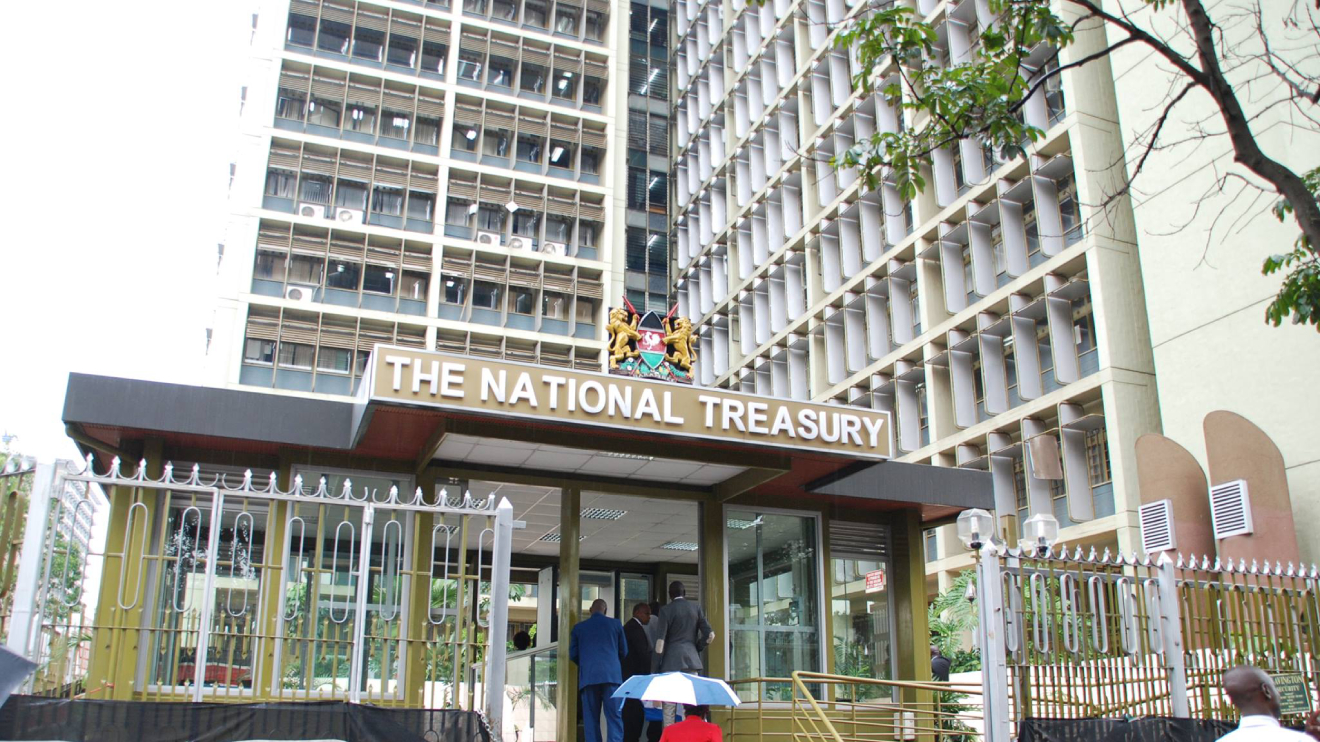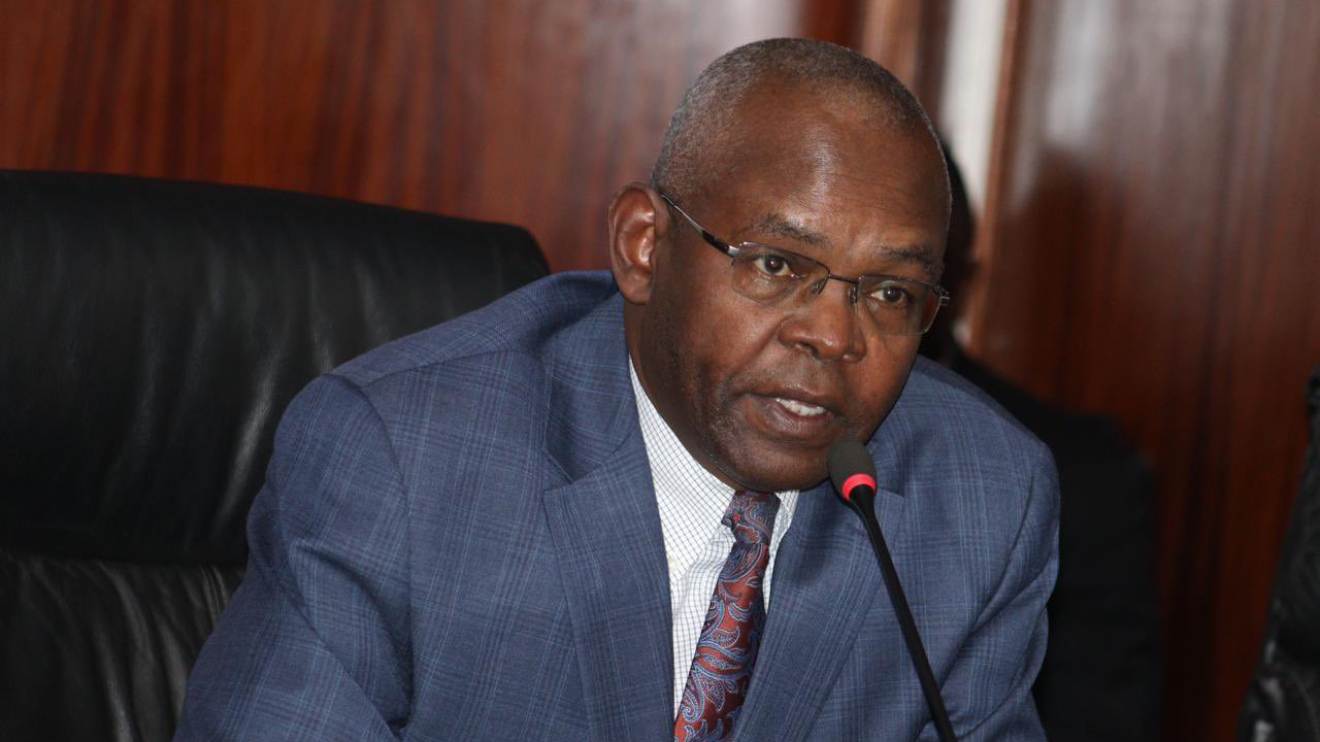Kenyans have been warned to steer clear of a fraudulent investment drive that has been circulating online under the guise of the National Treasury.
The bogus poster, which began spreading on Monday, dangled the promise of fast and risk-free profits.
It invited the public to commit between Sh10,000 and Sh50,000 with an assurance that the money would multiply in less than three hours.
To bolster its credibility, the message claimed to introduce “Online Investment Sessions” run under the Treasury’s banner.
It further alleged that the programme would channel funds into Treasury Bills, Treasury Bonds, Infrastructure Bonds, and “regulated Crypto ETFs”, presenting the illusion of a hybrid product that combined government securities with exposure to digital assets.
Read More
Treasury has since distanced itself from the scheme, stressing that no such opportunity exists.
In a firm rebuttal, the ministry stated: “The poster below is circulating online, claiming to be from the National Treasury. It is FAKE. Kindly ignore it and do not share further.”
Investigations into the advert revealed several glaring inconsistencies. For instance, it directed potential investors to enrol through a personal WhatsApp number.
The pitch also included a suspicious investment charge and promised fixed profits, both of which are tell-tale hallmarks of a scam.
Officials have reminded Kenyans that authentic government securities are strictly managed by the Central Bank of Kenya (CBK).
Genuine offers come with specific timelines, are announced in official gazettes and the My Gov newspaper, and never require third-party contacts.
The cautionary alert came less than a week after Treasury scrapped 20 framework tenders that had been floated in December 2023 and March 2024.
Those tenders covered supplies ranging from newspapers and agricultural equipment to timber, insecticides, and chemicals, and were withdrawn under section 63 of the Public Procurement and Asset Disposal Act of 2015.
The public has now been urged to remain vigilant and to flag questionable schemes with the Capital Markets Authority (CMA) or other relevant watchdogs, as authorities race to combat the growing tide of online financial fraud.







-1756917651.jpg)
